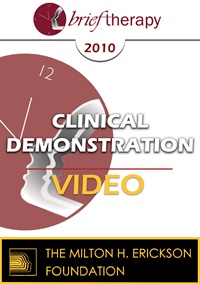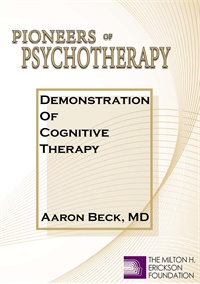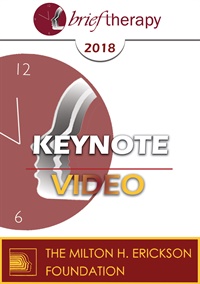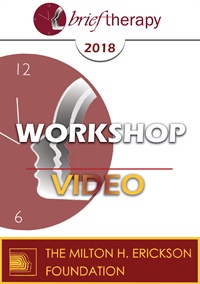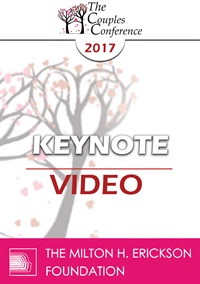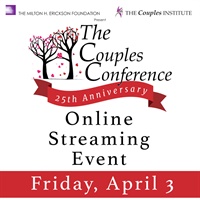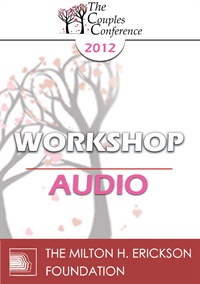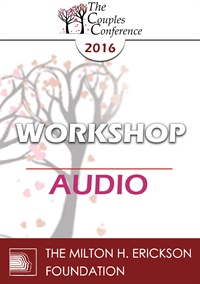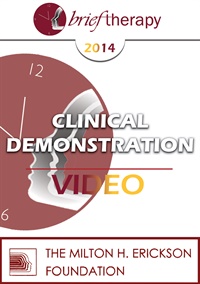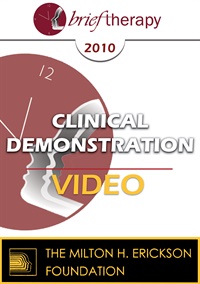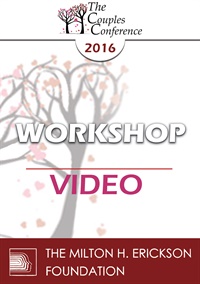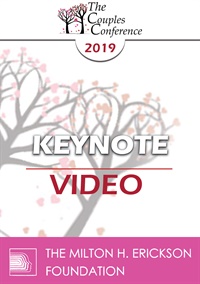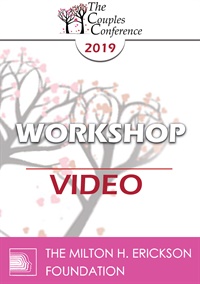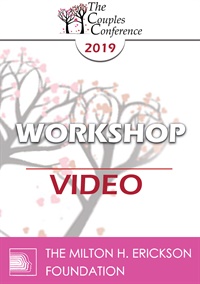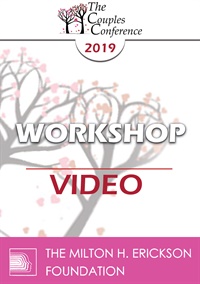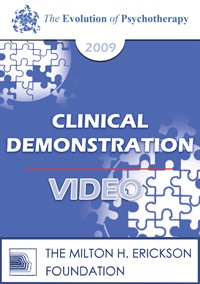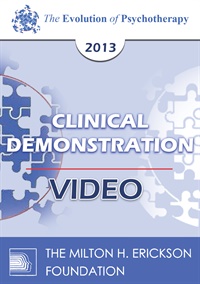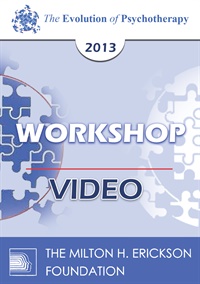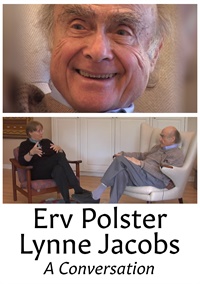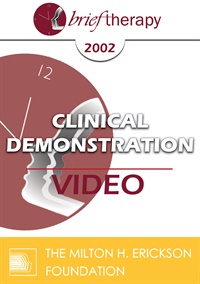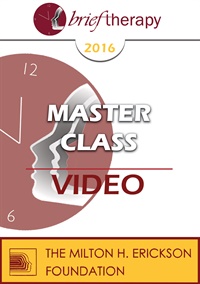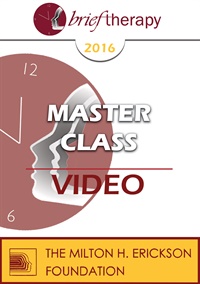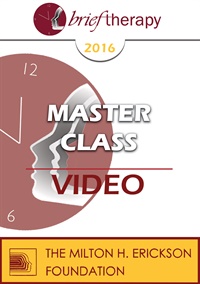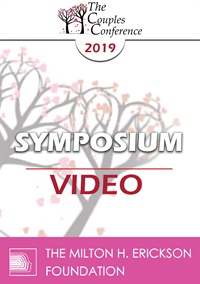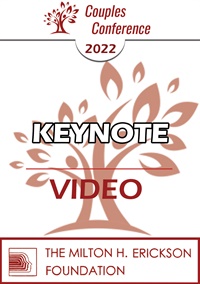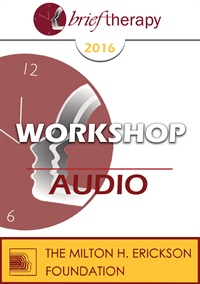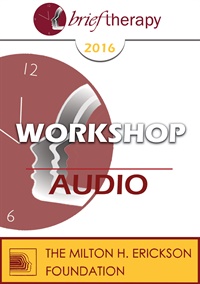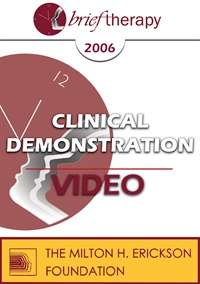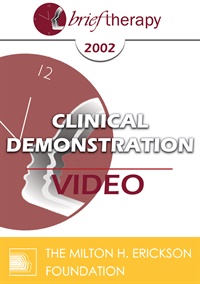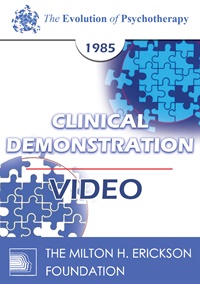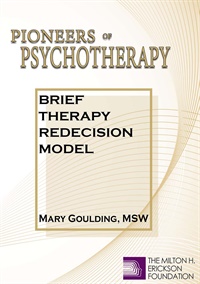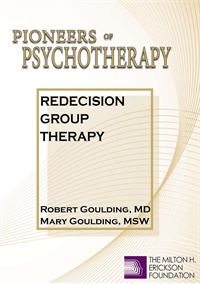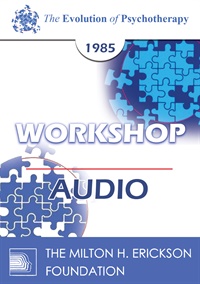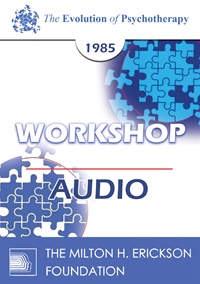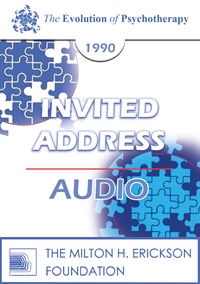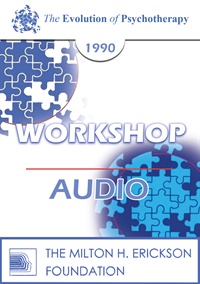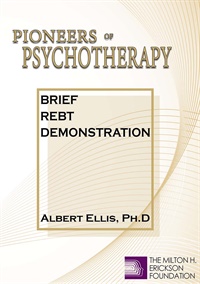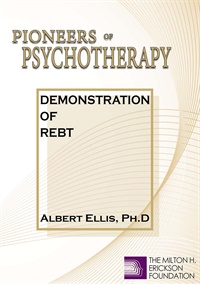Featured Therapy Models
Every client is unique, bringing specific problems that should be addressed with specialized treatments. Over the past decades, many advances have been made in the field of psychotherapy in general. Pioneering therapists have developed their own powerful, effective models of therapy to fit their particular approaches.
Cognitive Behavior Therapy
Cognitive behavioral therapy (CBT) is a form of psychological treatment that has been demonstrated to be effective for a range of problems including depression, anxiety disorders, alcohol and drug use problems, marital problems, eating disorders, and severe mental illness. Numerous research studies suggest that CBT leads to significant improvement in functioning and quality of life. In many studies, CBT has been demonstrated to be as effective as, or more effective than, other forms of psychological therapy or psychiatric medications.
CBT Recordings
Developmental Therapy Model
Developed by Ellyn Bader and Peter Pearson in the 1980s, the developmental model of couples therapy does not focus on pathology but instead emphasizes the role of development in relationships. This model compares adulthood development of relationships to childhood procession through typical developmental stages. According to the model, it is natural for relationships to change as partners spend more time together and develop as a team.
Developmental Therapy Model Recordings
Emotionally Focused Therapy
Emotionally Focused Therapy (EFT) is a well-known humanistic approach to psychotherapy formulated in the 1980’s and developed in tandem with the science of adult attachment, a profound developmental theory of personality and intimate relationships. This science has expanded our understanding of individual dysfunction and health as well as the nature of love relationships and family bonds. Attachment views human beings as innately relational, social and wired for intimate bonding with others. The EFT model prioritizes emotion and emotional regulation as the key organizing agents in individual experience and key relationship interactions.
EFT Recordings
Gestalt Therapy
Gestalt therapy is a form of psychotherapy that is centered on increasing a person's awareness, freedom, and self-direction. It's a form of therapy that focuses on the present moment rather than past experiences. Gestalt therapy is based on the idea that people are influenced by their present environment.
Gestalt Therapy Recordings
PACT
The Psychobiological Approach to Couples Therapy® (PACT) relies on the application of research in neuroscience and attachment theory to improve interactions between couples. This approach, which was developed by Stan Tatkin, aims to help couples notice their reactions as they occur and learn how to better address one another's attachment needs. Couples seeking professional help to address relationship issues and/or develop or strengthen a long-term relationship may find PACT a helpful approach.
PACT Recordings
Redecision Therapy
Redecision therapy is grounded in the assumption that adults make decisions based on messages absorbed in childhood from parents and caretakers. These messages, along with past decisions, inform current decision-making processes, and at times they can have negative effects. In redecision therapy, individuals can examine these messages and any past negative decisions in order to identify what is not working. With the help of a therapist, people in therapy may be able to adopt new meanings and extinguish self-defeating decision-making patterns through the use of reflective exploration and experiential techniques.
Redecision Therapy Recordings
All Therapy Model Recordings
Still looking for more? Check out these therapy models.
- Acceptance and Commitment Therapy (ACT)
- Adlerian Therapy
- Awareness Integration Model
- Bioenergetics
- Cognitive Behavior Therapy (CBT)
- Constructive Narrative
- Dialectic Behavior Therapy (DBT)
- Developmental Therapy Model
- Emotionally Focused Therapy (EFT)
- Existential Therapy
- Experiential Therapy
- Eye Movement Integration (EMI)
- Eye Movement Desensitization and Reprocessing (EMDR)
- Family Constellations
- Feedback Informed Treatment (FIT)
- Generative Psychotherapy
- Gestalt
- Gottman Method
- IMAGO
- Logotherapy
- Neurolinguistic Programming (NLP)
- Object Relations Theory
- PACT
- Polyvagal Theory
- Positive Psychology
- Psychoanalysis
- Psychotherapy
- Rational Emotive Behavior Therapy (REBT)
- Reality Therapy
- Redecision Therapy
- Relational Life Therapy
- Self-Image Thinking
- Self-Relations Single Session
- Solution Oriented Approach
- Strategic Therapy
- Strengths-Based Therapy
- Subliminal Therapy
- Thought Field Therapy
- Transactional Analysis
- Transference Focused Psychotherapy
All Featured Therapy Recordings
Credit available - Click Here for more information
- Average Rating:
- Not yet rated
- Topic Areas:
- Clinical Demonstrations | Abuse | Addiction | Psychotherapy | Role Play | Cognitive Behavior Therapy (CBT) | Relationships
- Bundle(s):
- Pioneers of Psychotherapy Bundle
- Categories:
- Pioneers of Psychotherapy | Online Continuing Education | Evolution of Psychotherapy | Evolution of Psychotherapy 1995
- Faculty:
- Aaron Beck, MD
- Duration:
- 00:59:00
- Format:
- Audio and Video
- Original Program Date:
- Dec 15, 1995
- Short Description:
- Aaron Beck (1995) selects a clinician to role-play a male client. The client, Mike, was abandoned by his wife after she had multiple affairs. Mike is a recovering alcoholic with a sexually transmitted disease who suffers from dating anxiety, childhood trauma, and feelings of inferiority. Beck demonstrates how to establish a collaborative relationship with the patient.
- Price:
- $59.00 - Base Price
- Average Rating:
- Not yet rated
- Topic Areas:
- Workshops | Depression | Experiential Therapy | Hypnosis
- Categories:
- Anxiety and Depression Conference 2024
- Faculty:
- Michael Yapko, PhD
- Duration:
- 1:55:45
- Format:
- Audio and Video
- Original Program Date:
- Sep 14, 2024
- Short Description:
- This workshop illustrates how hypnosis empowers depressed clients by teaching skills rather than prescribing labels or pills. Yapko shows how trance fosters expectancy, resilience, and self-discovery, offering a powerful antidote to rumination and helplessness. Participants learn how hypnosis provides a flexible, experiential context for change, helping clients reframe their history and embrace new possibilities.
- Price:
- $59.00 - Base Price
- Average Rating:
- Not yet rated
- Topic Areas:
- Workshops | Empathy | Therapeutic Relationship | Therapy Practice
- Categories:
- Anxiety and Depression Conference 2025
- Faculty:
- David Burns, MD
- Duration:
- 1:49:03
- Format:
- Audio and Video
- Original Program Date:
- Sep 27, 2025
- Short Description:
- What actually makes empathy work in the therapy room? In this advanced workshop, David Burns shows how to measure empathy session by session and strengthen it using the Five Secrets of Effective Communication. Through live demonstrations and structured practice, clinicians learn to disarm hostility, acknowledge anger, and respond without defensiveness, turning tense moments into opportunities for deeper connection.
- Price:
- $59.00 - Base Price
- Average Rating:
- Not yet rated
- Topic Areas:
- Clinical Demonstrations | Rational Emotive Behavior Therapy (REBT) | Anger | Humor | Psychotherapy
- Bundle(s):
- Pioneers of Psychotherapy Bundle
- Categories:
- Pioneers of Psychotherapy | Evolution of Psychotherapy | Evolution of Psychotherapy 2000
- Faculty:
- Albert Ellis, PhD
- Duration:
- 00:51:00
- Format:
- Audio and Video
- Original Program Date:
- May 27, 2000
- Short Description:
- Albert Ellis (2000) demonstrates with two volunteers. The first volunteer is angry and intimidated by her supervisors. Humor and imagery are incorporated. The second volunteer feels a need to control others and is angry when she can’t. Ellis uses imagery to correct cognitive patterns and produce an emotional shift.
- Price:
- $59.00 - Base Price
Tags: REBT Humor Anger Psychotherapy Albert Ellis
- Average Rating:
- Not yet rated
- Topic Areas:
- Clinical Demonstrations | Rational Emotive Behavior Therapy (REBT) | Homework | Humor
- Bundle(s):
- Pioneers of Psychotherapy Bundle
- Categories:
- Pioneers of Psychotherapy | Evolution of Psychotherapy | Evolution of Psychotherapy 1995
- Faculty:
- Albert Ellis, PhD
- Duration:
- 01:01:00
- Format:
- Audio and Video
- Original Program Date:
- Dec 15, 1995
- Short Description:
- Ellis and Wolfe (1995) demonstrate with several volunteers. Beth, is troubled by her dominating mother. Ellis assigns a homework task. Next, Wolfe works with a volunteer who feels betrayed by her husband and brother. Ellis works with a second volunteer, Megan, who is ending a relationship with her boyfriend. Ellis uses imagery, confrontation and humor.
- Price:
- $59.00 - Base Price
Tags: Homework Humor REBT Albert Ellis
- Average Rating:
- Not yet rated
- Topic Areas:
- Clinical Demonstrations | Personality Disorders | Brief Therapy | Cognitive Behavior Therapy (CBT) | Therapist Development | Treatment Planning
- Categories:
- Brief Therapy Conference | Brief Therapy Conference 2002
- Faculty:
- Arthur Freeman, EdD
- Duration:
- 59:05
- Format:
- Audio and Video
- Original Program Date:
- Dec 13, 2002
- Short Description:
- Educational Objectives: 1) To describe a structured, directive CBT interview. 2) Given a CBT case, identify a problem and make a treatment plan.
- Price:
- $29.00 - Sale Base Price - $59.00


